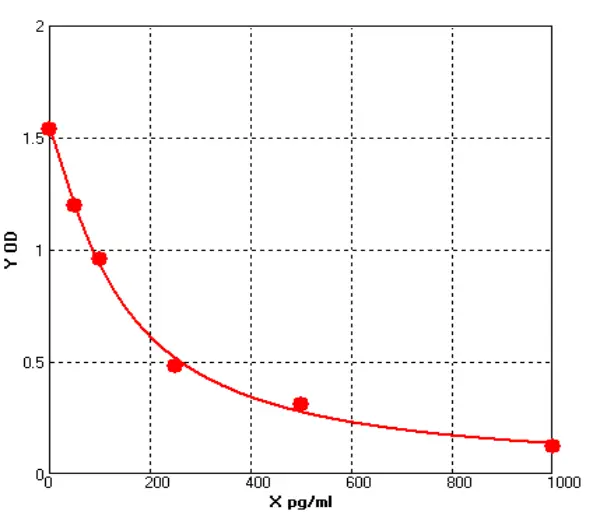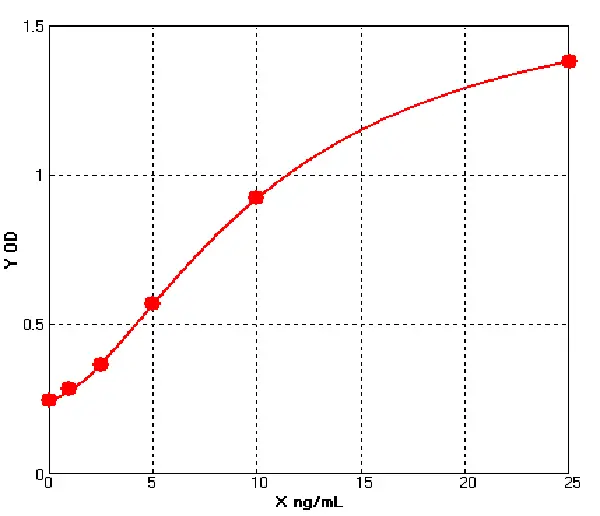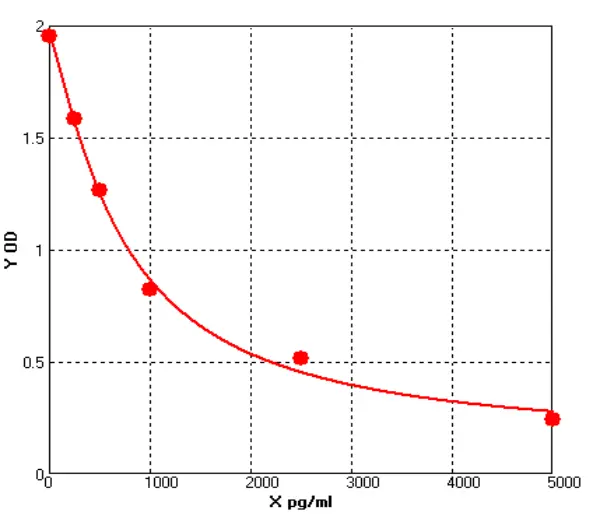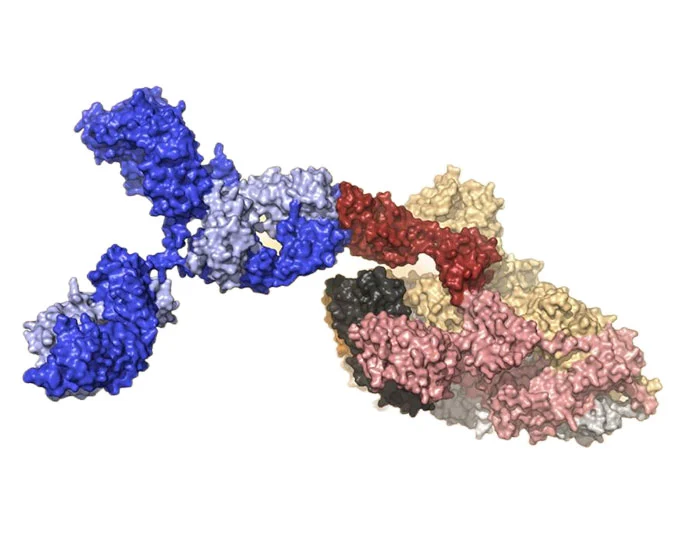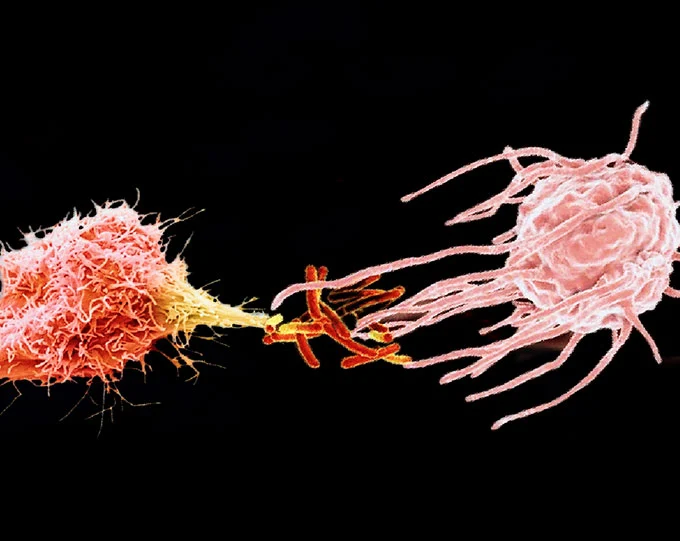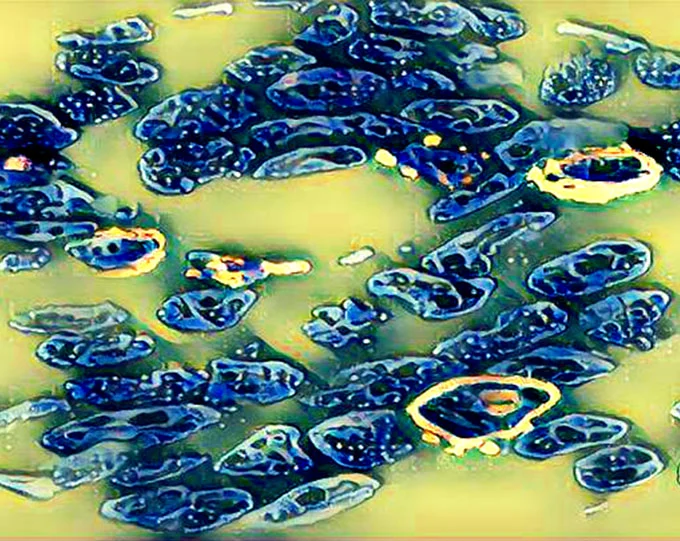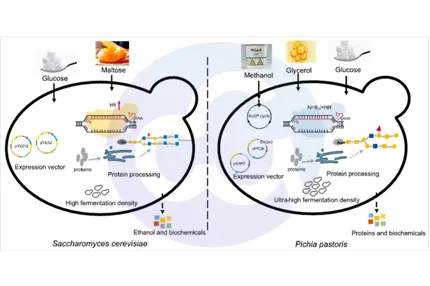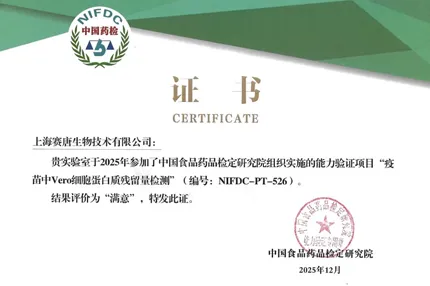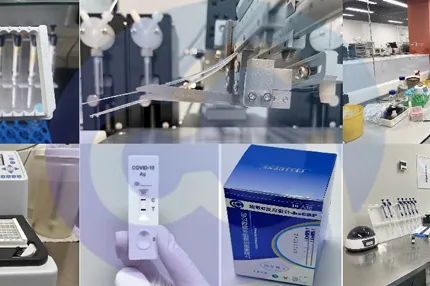-
Host Cell Protein Detection Kits
- CHO Host Cell Protein ELISA Kit
- E. coli Host Cell Protein ELISA Kit
- HEK 293 Host Cell Protein ELISA Kit
- Pichia pastoris Host Cell Protein ELISA Kit
- Ogataea polymorpha Host Cell Protein ELISA Kit, G3
- Saccharomyces cerevisiae Host Cell Protein ELISA Kit, G3
- Spodoptera fugiperda 9 (Sf9) Host Cell Protein ELISA Kit, G3 (Applicable to Sf9 and related cell lines)
- Dilution Buffer
-
Bioprocess lmpurity ELISA Kits
- Human Immunoglobulin G (IgG) ELISA Kit
- Goat Immunoglobulin G (IgG) ELISA Kit
- Human Serum Albumin (HSA) ELISA Kit
- Bovine Serum Albumin (BSA) ELISA Kit
- Dextran Sulfate Salt Detection Kit (Spectrophotometric Method-200 Tests)
- Protein L (PL) ELISA Kit
- Kanamycin (KA) ELISA Kit
- Human Immunoglobulin A (IgA) ELISA Kit
- Human Immunoglobulin M (IgM) ELISA Kit
- Mouse Immunoglobulin G (IgG) ELISA kit
- Bovine Immunoglobulin G (IgG) ELISA kit
- Protein A (PA) ELISA kit-Boiling
- Protein A (PA) ELISA Kit
- Diluent Buffer for Protein L ELISA kit
- Host Cell DNA Residue Detection Kits
- Residual Total RNA Detection Kits (qRT-PCR)
- Antibodies
- Recombinant Proteins
- ELISA Kits
- Cellular Component Protein Library
- Plasmids
- Promotions
-
Yeast Family: Pichia pastoris (GS115) HCP ELISA
1. Application Background:Pichia pastoris is one of the most widely used expression systems for innovative antibody expression in vaccines nowadays. Yeast is extensively applied in modern industry [1]...
Jan.20, 2026Read More > -
Authoritative Certification
Recently, Cellgene Bioscience Co., Ltd. attained another notable achievement. In the Laboratory Proficiency Testing Program for Residual Vero Cell Protein Quantification in Vaccines (Program No.: NIFD...
Dec.23, 2025Read More > -
Building a Quality & Safety Ecosystem for Biopharmaceuticals
1. Background:Quality and safety regulations for Cell and Gene Therapy (CGT) drugs are becoming increasingly globalized, with converging standards across China, the U.S., Europe, and Japan. Major econ...
Dec.19, 2025Read More >
BlueGene Biotech's Research For Immunology
1. Four Periods Of Immunology
It is generally believed that the development of immunology has experienced four periods: empirical immunology, classical immunology, modern immunology and modern immunology period. Immunology is one of the forefront positions of life science and modern medicine. The human immune system performs immune functions. The immune system includes immune organs, immune cells and immune molecules.
2. Immune Function Of Modern Immunology
Modern immunology proposes that the immune function of the body is the response to antigenic stimulation, and the immune response is manifested in the ability of the immune system to recognize itself and eliminate non-self. Immune function functions according to immune recognition. This function includes immune defense against exogenous foreign bodies (mainly infectious factors), removal of the immunity of decayed or damaged cells to maintain their own stability and eliminate of immune surveillance of mutant cells.

